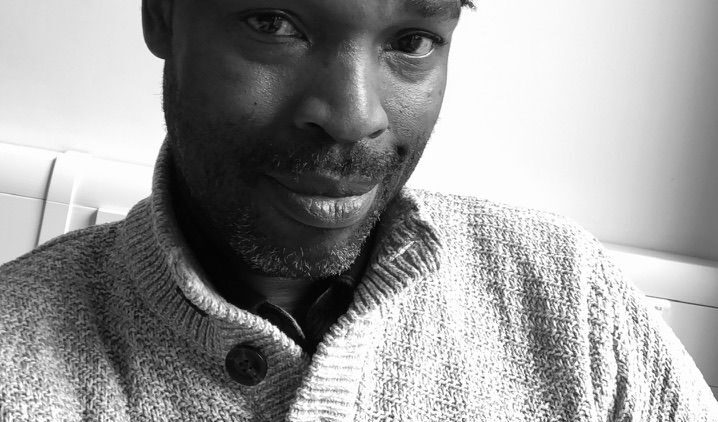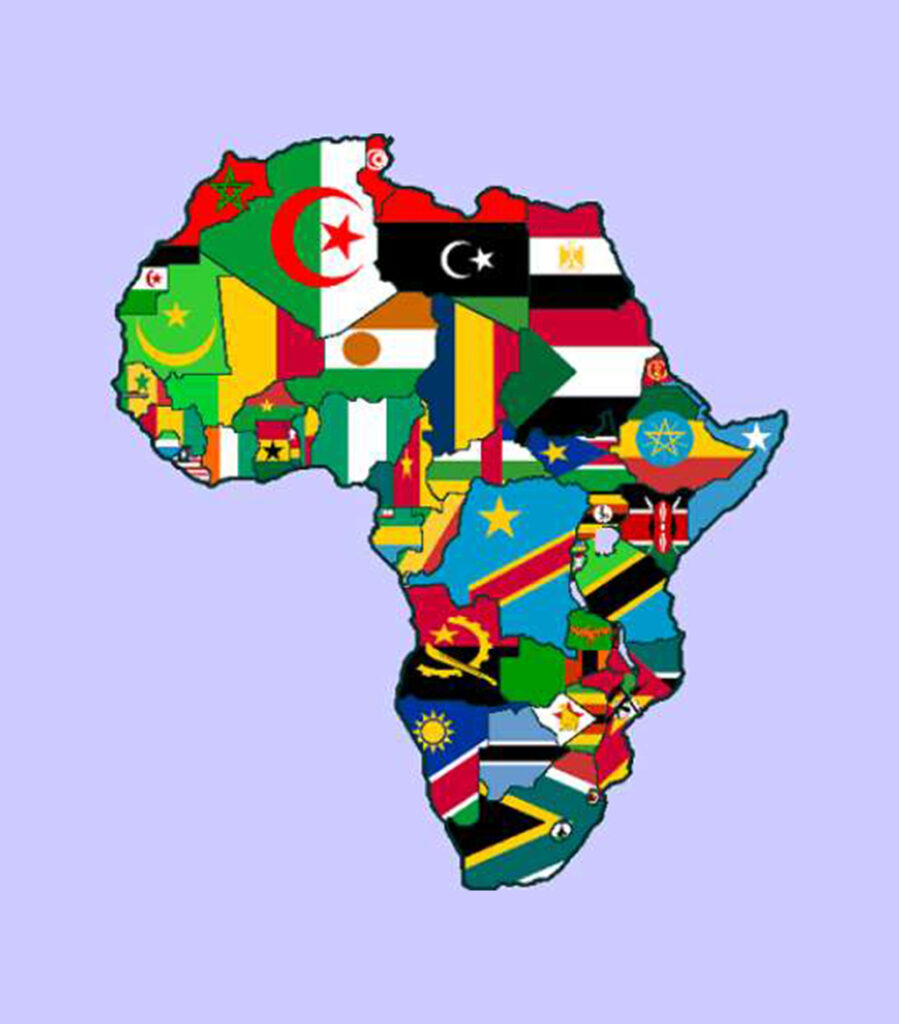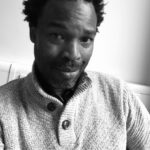The Logic of the Throne: Why Africa Must Rethink Power
By Z Allan Ntata | For the Africa Politicojuridity Institute (API)
“Power in Africa is rarely a plan. It is an inheritance. A costume. An Accident. A throne waiting for a new body.”
This statement is more than an observation; it is a diagnosis of a chronic political ailment. Across the vast and vibrant tapestry of the African continent, from the congested metropolises to the serene rural landscapes, a single, persistent drama unfolds. Political transitions have become masquerades. They are nothing but elaborate, often chaotic costume changes on a stage that never moves. We change leaders, we hold elections, we draft and redraft constitutions, we celebrate victories and mourn defeats. But somehow, at the core of our collective existence, power remains untouched. Unquestioned. Untransformed. The faces change, the rhetoric is updated, but the fundamental nature of authority, its source, its purpose, and its exercise, remains stubbornly constant, misunderstood.
We speak the language of democracy, yet we rule with the instincts of monarchs. We adopt the institutions of modern statecraft: parliaments, judiciaries, independent commissions, yet we govern through the opaque prism of personalities, where loyalty is a currency more valuable than competence. We write laws that glisten with promise on paper, yet in practice, we trust the older, more visceral logics of bloodlines, tribes, churches, and patrons. The problem, therefore, is not merely in our policies, flawed as they may be, or in the character of our politicians, fallible as they are. The problem is deeper, more foundational. It resides in our very logic of power: the unspoken, often unconscious set of rules, assumptions, and narratives that dictate how power is acquired, maintained, and perceived.
This essay marks the beginning of a new public intellectual journey: The Logic of the Throne. It is a weekly essay series from the Africa Politicojuridity Institute (API). This is not a project born of mere academic curiosity, but from a pressing, tangible necessity. It is an attempt to hold a mirror to our political soul and to ask the questions we have been too busy, too afraid, or too complicit to ask.
Why This Series? The Silence and the Storm
Africa cannot reform what it cannot name. We are adept at describing the symptoms of our governance maladies: corruption, state capture, electoral violence, constitutional coups, and the stifling of dissent. We have conferences, workshops, and donor-funded initiatives dedicated to “good governance.” Yet, we tinker at the edges, treating the fever while ignoring the infection. We prescribe new electoral software to a system running on the hardware of pre-colonial chieftaincy and post-colonial autocracy. The result is a familiar cycle of hope and disillusionment.
Power is the one subject we all live under, the invisible architecture that shapes our economies, our justice systems, our opportunities, and our very sense of self, yet it is rarely studied in the raw, cultural context of Africa. Our intellectual silence has become the co-author of our political failure. We have ceded the discourse on power to two dominant, and equally insufficient, narratives: the cynical realism of the political insider who believes “this is just how things are done,” and the often-detached, Western-centric frameworks of political science that struggle to capture the complex, spiritual, and social realities of power on the ground. This series seeks to break that silence and bridge that gap.
This series is written with two primary audiences in mind.
First, the politicians: those who chase power, often with genuine, initial intentions to serve and to transform, but who rarely operate with a clear, coherent theory of what power is, what it does to the human soul, and how it should be ethically and effectively used within the African context. They enter the arena with a manifesto but are swiftly consumed by its unwritten rules.
Second, the strategists: the invisible architects behind campaigns, governments, protests, coups, and constitutions. These are the lawyers who draft the laws, the advisors who whisper in presidential ears, the civil society leaders who mobilize the masses, the business magnates who bankroll regimes. They are those who influence the trajectory of power without always seeking to sit on the throne itself. Their choices, grounded in a flawed understanding of power’s logic, have profound consequences for millions.
But beyond these, this series is for the thinkers, the patriots, the students, and the reformers who believe, as we do, that Africa can no longer afford to keep guessing its way into the future. Our demographic explosion, our economic potential, and the looming challenges of climate change and global realignment demand that we get this right. The cost of continued illiteracy in the language of power is stagnation, conflict, and the perpetual squandering of our immense promise.
The Terrain of Inquiry: What Will We Explore?
Each weekly essay will be a deep dive into a specific, sharp question about the nature and practice of power in Africa. We will dissect the anatomy of our political culture with unflinching honesty. Our journey will explore questions such as:
- The Tyrant’s Transformation: Why do our leaders, so often hailed as liberators upon ascent, almost systematically turn into the very tyrants they once opposed? Is it a personal failing, or is it the throne itself that corrupts?
- The Big Man and the State: What is the precise relationship between the “Big Man” and the state? Has the state become a mere extension of his personal will, a private estate to be managed and plundered, rather than a public institution to be stewarded?
- The Election Masquerade: Why do elections, the supposed cornerstone of democracy, so often reinforce our most undemocratic instincts, becoming expensive, high-stakes rituals for legitimizing the status quo or anointing a new monarch?
- The Illusion of the Constitution: Why do our beautifully crafted constitutions, so full of rights and checks and balances, fail so spectacularly to restrain those in power? Is the problem in the document, or in the political culture that renders it a mere piece of paper?
- The Pillars of the African Throne: What role do the church, the tribe, the youth, and the intellectuals play in upholding or challenging the logic of the throne? Are they countervailing forces, or have they been co-opted into the court politics of the ruling class?
- The 2030 Challenge: Can we, with urgency and intention, build a different kind of leadership and a new political ethos before the end of this decade? What would that project entail?
And most importantly, as our journey culminates:
- A New Theory for a New Age: What new, authentically African theory of power must we embrace to break this cycle and build politics that serve the people, not just the powerful?
It is in answering this final, pivotal question that the final essays in this series will introduce and rigorously justify a new conceptual framework born from years of legal, political, and philosophical reflection: Politicojuridity. This term describes the deep-seated, cultural soul of law and power in any society; the unwritten rules, the spiritual beliefs, the social norms that give life to legal texts and political structures, or alternatively, drain them of their meaning. To understand Africa’s power problem, we must first understand its Politicojuridity.
Why “The Logic of the Throne”?
Because the throne is not just a chair. It is the ultimate symbol of how we, as a society, imagine authority. In traditional African societies, the throne or the stool was sacred. It was not merely a seat of power but a repository of ancestral wisdom, a spiritual link to the past, and a trust for the future. It was inherited, guarded, feared, and revered.
This deeply ingrained cultural memory has not vanished; it has simply been transplanted. In our so-called “modern democracies,” the logic of the throne still rules. The presidential palace becomes a new royal court. The president becomes a king, surrounded by courtiers and sycophants. Political parties become dynastic houses, focused on succession rather than service. Elections become coronations, where the will of the people is ritualistically invoked to sanctify a pre-ordained outcome. We have changed the titles, but we have not dismantled the structure of authority.
But what if we dared to question the throne itself? Not just the person sitting on it, but the very concept of a political system where power is so centralized, so personalized, and so spiritually charged that it inevitably corrupts? What if we imagined a different architecture of authority, one based on distributed power, service, accountability, and a citizenship that is sovereign not just in theory, but in practice?
What This Series Is Not
It is crucial to state clearly what this endeavour is not. This is not a campaign for any political party or individual. It is not an exercise in academic vanity, designed to impress a small circle of intellectuals with obscure jargon. Nor is it just another “thought piece” that identifies problems without venturing into the treacherous terrain of solutions.
This is an attempt to do something dangerously rare in contemporary African public life: to think deeply, critically, and publicly about the most powerful force that shapes our collective destinies: power itself. It is a call to a continent-wide conversation, one that moves beyond blame and grievance and toward a profound and necessary reckoning.
Join the Journey
Each week, one essay. Roughly 2,000 words. They will be raw, unfiltered, and honest, grounded not just in theory but in the lived experience of the African condition. We will go from the invention of the African strongman to the seductive illusions of constitutionalism, from the silence of our intellectuals to the raw power of the streets, from the comforting myth of incremental reform to the radical necessity of foundational change.
This is the beginning of a long-overdue conversation. It is a journey to the heart of our political darkness, armed only with the light of reason and the audacity of hope.
Let us begin.




